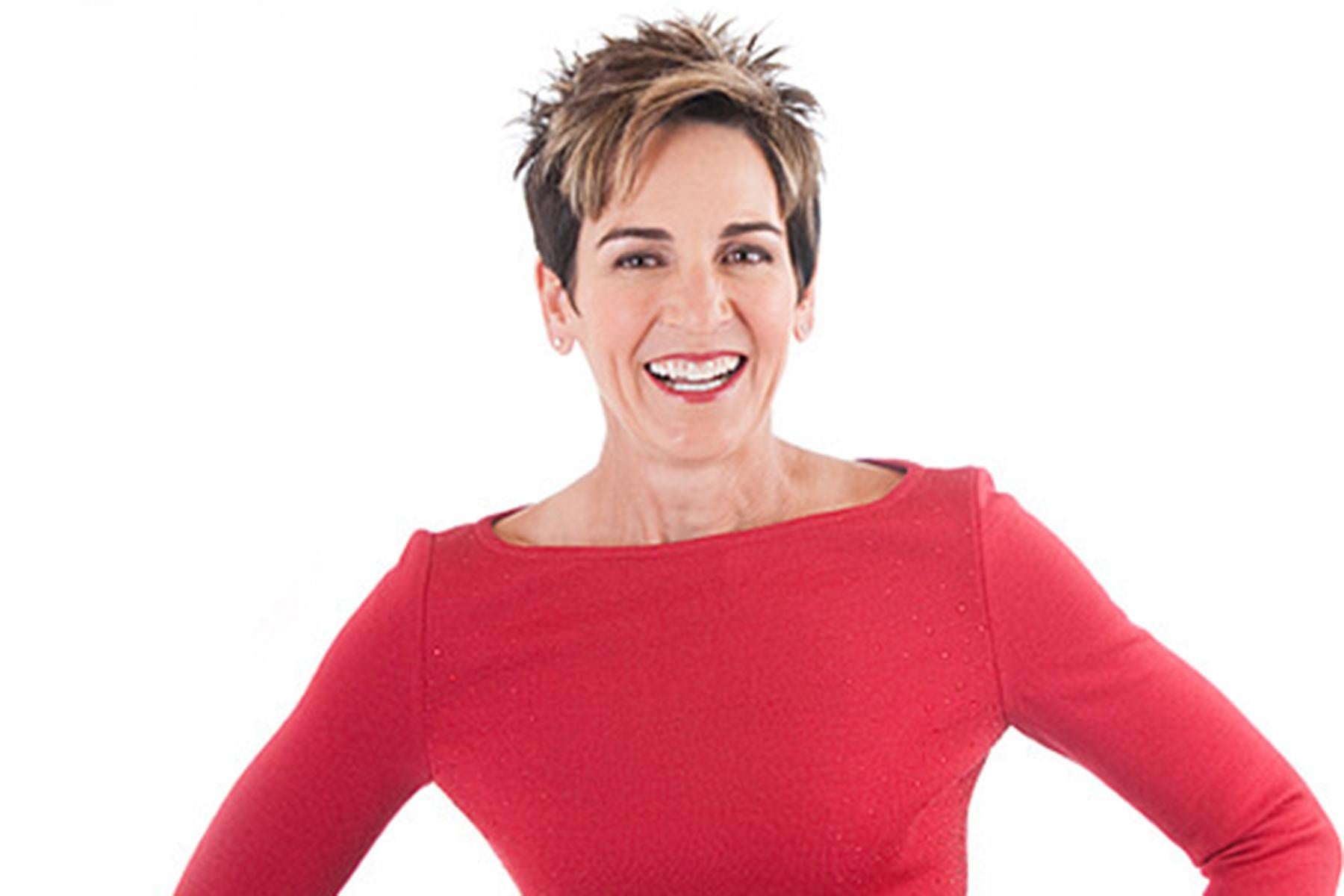The Independent's journalism is supported by our readers. When you purchase through links on our site, we may earn commission.
What comes after millennials? Meet the generation known as the 'Linksters'
Will the young people born after 2002, sometimes called Generation Z, feel the same wrath Millennials have when they reach adulthood?

Your support helps us to tell the story
From reproductive rights to climate change to Big Tech, The Independent is on the ground when the story is developing. Whether it's investigating the financials of Elon Musk's pro-Trump PAC or producing our latest documentary, 'The A Word', which shines a light on the American women fighting for reproductive rights, we know how important it is to parse out the facts from the messaging.
At such a critical moment in US history, we need reporters on the ground. Your donation allows us to keep sending journalists to speak to both sides of the story.
The Independent is trusted by Americans across the entire political spectrum. And unlike many other quality news outlets, we choose not to lock Americans out of our reporting and analysis with paywalls. We believe quality journalism should be available to everyone, paid for by those who can afford it.
Your support makes all the difference.Much has been made of millennials, Generation X and baby boomers but have you heard of the ‘Linkster generation’?
Meagan Johnson, a generational expert, speaker and author of From Boomers to Linksters: Managing the Friction Between Generations at Work, defines anyone born after 2002 (and therefore post-millennial) as the Linkster generation – sometimes referred to as Generation Z.
“We chose the term Linkster Generation because it is the first generation to be linked into technology from day one. Millennials brought technology into the cultural focus and have pushed other generations to use technology. However, there are Millennials that can remember using dial up or even a life before social media,” Johnson told The Independent.
So, the Linkster population – estimated to make up 18 per cent of the world’s population – grew up with social media, smart phones and apps. Not only this, but someone born in 2002 is just going to have turned 15-years-old meaning they are developing into adults surrounded by both the help, expertise and pressures of social media, the internet and advanced technology.
“The Linkster Generation could have (and probably did) grow up in a home that used cell phones and did not have a land line. The Linkster Generation may never hold a textbook, read everything from a tablet and never learn cursive writing. The Linkster Generation may never write a check or walk into a traditional bank,” Johnson says.
Millennials (those born after 1981 and before 2002) are often associated with being the generation which prefers to binge-watch Netflix series instead of head to the cinema, text instead of call and use an app to date instead of meeting in a bar, but it is Linksters who may come unstuck when it comes to good old-fashioned face-to-face communication.
For example, it is not uncommon to pass a toddler in a café playing games on their parent's phones or to have a four-year-old relative fully aware of what Snapchat is. Johnson says it is important that we continue to teach Linksters the importance of real-life conversation.
“As society becomes more and more dependent on technology for communication, the skill of face-to-face communication will deteriorate,” Johnson says. “I think this opens the door to a host of possible misunderstandings and miscommunications that could be avoided if we took a step back and taught younger people the skill of face-to-face communications.”
The other way in which the generation will differ is family structure. The parents of Linksters will be a mixture of baby boomers (born between 1946 and 1964 – signposts that shape that generation include civil rights, equal opportunity fight for women and the sexual revolution) and Generation X parents (typically born between 1965 and 1980, signposts include the Vietnam War, the availability of the pill, cable TV and both parents working).
“In a response to the high divorce rate, many Gen X children experienced as kids, more and more Gen X parents are choosing to have one parent be at home with their children.
"The generational difference being it is no longer the traditional woman staying at home. More and more Gen X dads are choosing to stay home with their children,” says Johnson.
Additionally, as each generation is believed to get more progressively liberal and tolerant, it is likely Linksters will be highly socially aware and accepting. As Johnson says, they have never experienced a time when climate change is not a severe threat and issue.
“I believe that just like the Millennial Generation was a more accepting generation, the Linkster Generation will take the idea of different lifestyles to a new level.”
All in all, Johnson is of the firm opinion there is absolutely no need to criticise and lump all members of one generation together with negative connotations. Millenials have been tarnished as lazy yet entitled as well as “snowflakes”, Generation X are branded as working hard, playing hard, cynical and sometimes self-obsessed and Baby Boomers called out of touch and sometimes accused by millennials of ruining the economy for them. Johnson says it is good to remember that each generation has a habit of unfairly demonising the subsequent one to theirs.

“We use the same negative words to describe every generation as it enters the workplace or the marketplace. I find it amusing to hear my peer group (Gen Xers) describe the younger generation as a group of people that do not want to pay their dues or expect a high salary within three months of starting their job. We were described the same way back in the 1990s and our Baby Boomer parents were described just as negatively twenty years earlier… When we use negative words to describe the younger generation what we really are describing is a frustration to identify or understand the skill set that younger people are bringing into the workplace.”
Whether this repeats itself with millennials and Linksters as they age waits to be seen. But in the meantime, Johnson advises that cohesiveness will only happen when we rid ourself of our pre-conceived judgements of “the way ‘it should be done’ and think about new ways that it ‘can be done’”.
Join our commenting forum
Join thought-provoking conversations, follow other Independent readers and see their replies
Comments